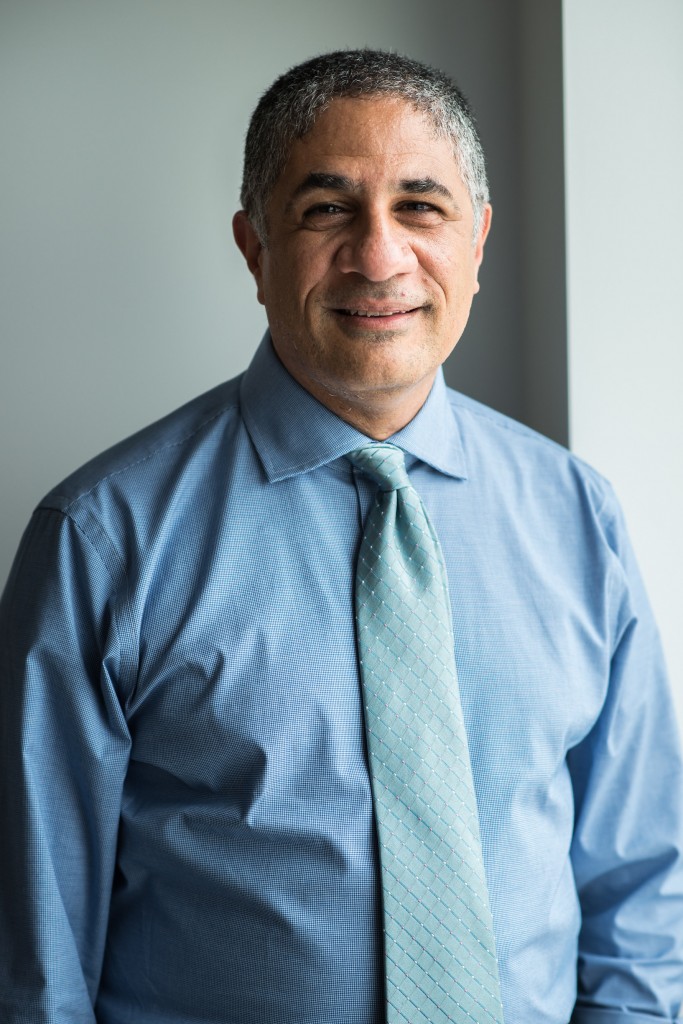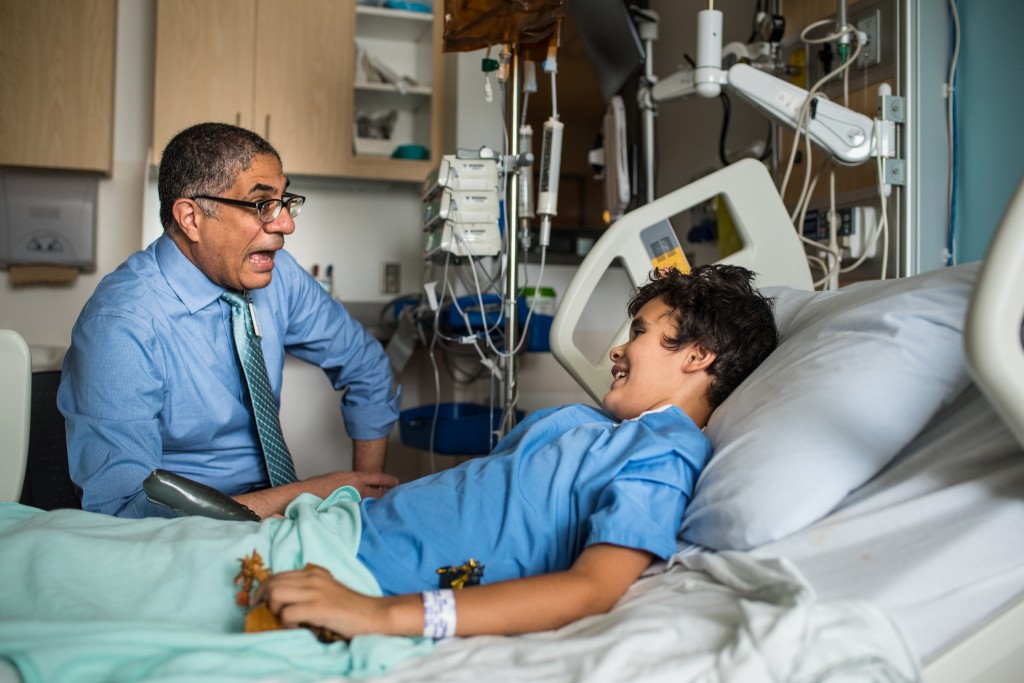Dr. Emil: "I call patient care the bookends of medicine"
Friday, October 21, 2016
Get to know Dr. Emil better:
DR. SHERIF EMIL IS DIRECTOR OF THE DIVISION OF PEDIATRIC GENERAL AND THORACIC SURGERY AT THE MONTREAL CHILDREN'S AND A PROFESSOR OF PEDIATRIC SURGERY AT MCGILL UNIVERSITY.


